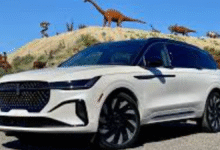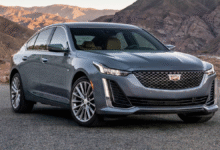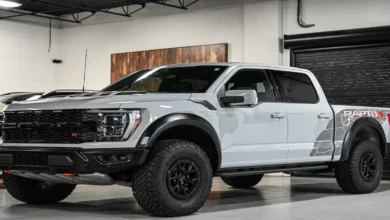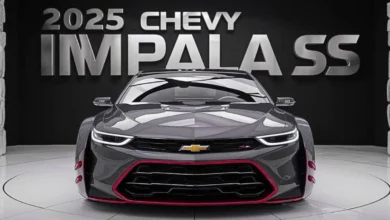Hybrid and Electric Cars: The Future of Automotive Innovation
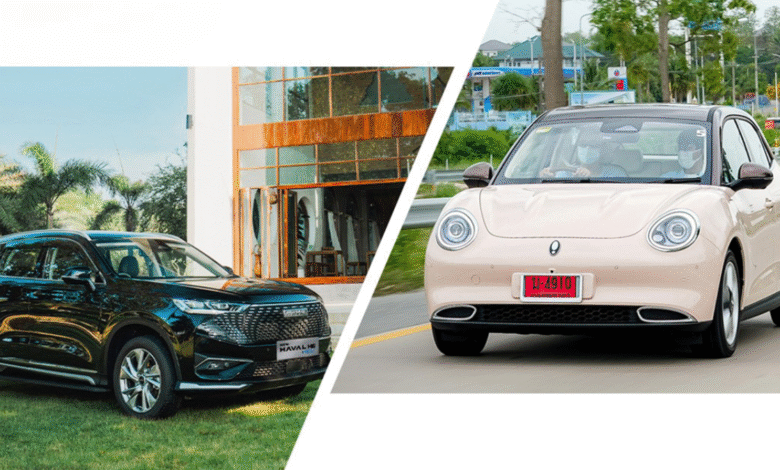
Due to environmental concerns and technological advancements, hybrid and electric cars are becoming the future of automotive innovation. Offering performance, sustainability, and long-term savings, these vehicles set new standards for driving and are poised to redefine transportation for generations to come.
The automotive industry is transforming significantly by introducing hybrid and electric vehicles, driven by environmental concerns, technological sophistication, and new energy solutions. Shoppers interested in the latest innovations can browse the current Toyota new car inventory to find models featuring state-of-the-art electrification and smart technology. The rapid growth of automotive innovation is integrating efficiency, safety, and convenience features into new vehicles, paving the way for a sustainable transportation revolution.
Advancements in Battery Technology
Battery technology advancements, including high-density NMC cathodes and silicon-based anodes, enhance the practicality of electric and hybrid vehicles. These advancements offer superior energy storage, faster charge times, and lifecycle durability, making EVs more accessible and cost-effective. Additionally, the industry focuses on sustainable manufacturing and end-of-life battery management to reduce environmental impact. As consumers become increasingly interested in green driving solutions and local expertise, searching car dealerships in Sarasota, FL may help buyers access tailored support and learn more about available hybrid and EV models.
Integration of Artificial Intelligence
Artificial Intelligence (AI) is revolutionizing the automotive sector, particularly in hybrid and electric vehicles. AI-driven systems optimize energy use, extend vehicle range, and maximize battery longevity. Semi-autonomous features like adaptive cruise control and automated emergency braking are becoming standard. AI’s advanced diagnostic capabilities reduce maintenance costs and enhance efficiency and safety.
Emergence of Solid-State Batteries
Solid-state battery technology revolutionizes electric vehicles by replacing traditional liquid electrolytes with safer, more efficient solid materials. Automakers like Toyota are expected to roll out cars with solid-state batteries before the decade’s end, making EVs more convenient and attractive for mainstream buyers. This innovation could lead to lightweight, long-range cars and SUVs.
Global Market Trends
The global demand for hybrid and electric vehicles is increasing, with sales of hybrids and EVs growing double-digits in Asia, particularly China. This diversification is crucial for the transition from fossil fuels, and a multi-pronged approach is needed to accommodate different driving needs and regulatory environments.
Consumer Adoption and Challenges
Despite increased hybrid and EV sales, concerns like limited charging stations, high prices, and battery durability hinder the transition. Automakers are investing in charging infrastructure and developing innovative solutions. Education and dealership support become crucial as economies of scale and supply chains mature.
Future Outlook
The trajectory of the auto industry is unequivocally electric. With continuous leaps in battery tech, smart features powered by AI, and robust government frameworks, hybrid and electric vehicles are set to become commonplace across global roadways. As these innovations increasingly address historical challenges and new models become available, more drivers will embrace a future defined by sustainable, efficient, and pleasurable mobility.
